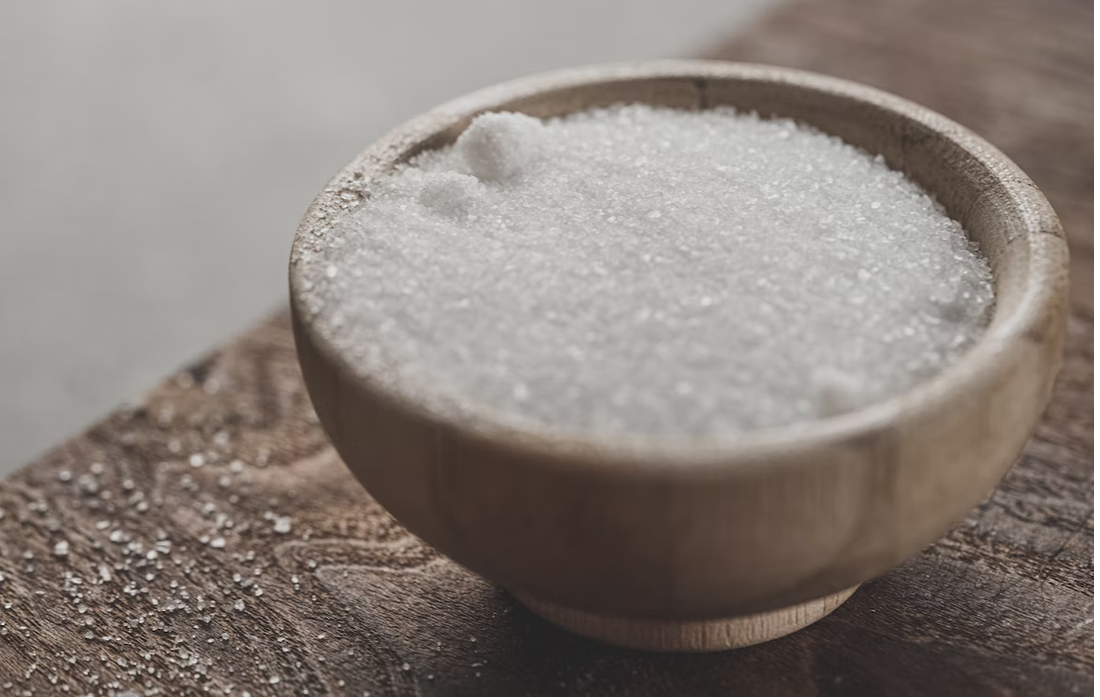Plant-based milk alternatives are an attractive option for people with allergies or intolerances, or who prefer a dairy-free diet. However, because some essential minerals are required to be included on the Nutrition Facts label only under certain circumstances, consumers might not know if they are meeting their dietary needs. Now, researchers have analyzed plant-based beverages […]
Category Archives: Nutrition and Supplements
B-type procyanidins, a series of catechin oligomers, are among the most ingested polyphenols in the human diet. This is found abundantly in foods like cocoa, apples, grape seeds, and red wine. Results of meta-analyses have suggested that intake of foods rich in B-type procyanidins is linked to reduced risk for cardiovascular disease, including coronary heart […]
Intravenous treatment with omega-3 fatty acids in elderly hospitalized patients in intensive care due to COVID-19 seems to have positive effects on the ability of the immune system to cope with the virus, according to a study from Karolinska Institutet in Sweden. In the future, the study, published in the journal Clinical and Translational Medicine, […]
With increasing public awareness on cardiovascular disease (CVD) prevention, significant interest has focused on modifiable lifestyle risk factors, including the safety of coffee. Coffee is ubiquitous in most societies, with its main constituent caffeine the most commonly consumed psychostimulant worldwide. Historically up to 80% of health practitioners recommend avoiding coffee in patients with CVD. This […]
Age-related macular degeneration (AMD or ARMD) is the most common cause of irreversible vision loss in the developed world. AMD is associated with the presence of drusen, without visual loss early in the disease. However, the disease often slowly progresses over years to retinal atrophy and central retinal degeneration with associated loss of central vision. […]
Over the past decades, the incidence of chronic inflammatory disorders such as autoimmune and type 2 allergic diseases has increased worldwide. A growing body of evidence indicates that this rapid and relatively recent onset of allergic epidemics is the consequence of environmental and behavioral changes collectively known as the “westernized lifestyle” More recently, it was […]
Obesity is the most prevalent nutritional disorder among children and adolescents in the United States. Approximately 21-24% of American children and adolescents are overweight, and another 16-18% is obese; the prevalence of obesity is highest among specific ethnic groups. Childhood obesity predisposes to insulin resistance and type 2 diabetes, hypertension, hyperlipidemia, liver and renal disease, […]
According to the American Psychiatric Association, anxiety disorders are the most common type of psychiatric disorders.Many patients with anxiety disorders experience physical symptoms related to anxiety and subsequently visit their primary care providers. The lifetime prevalence of anxiety disorders among American adults is 28.8%. Anxiety disorders appear to be caused by an interaction of biopsychosocial […]
The Food and Agriculture Organization of the United Nations (FAO) and the World Health Organization (WHO) describe carbohydrates as a major source of energy provided in the human diet, accounting for between 40 and 80% of the total energy requirements. On the other hand, there is a growing concern about the global rise in diet-related […]
According to current WHO guidelines, adults should consume less than 2,000 mg of sodium per day (i.e. about 5 grams of traditional table salt), and at least 3,510 mg of potassium per day.Dietary salt substitutes not only lower blood pressure but also have a clear impact on hard clinical endpoints, lowering the risk of myocardial […]










